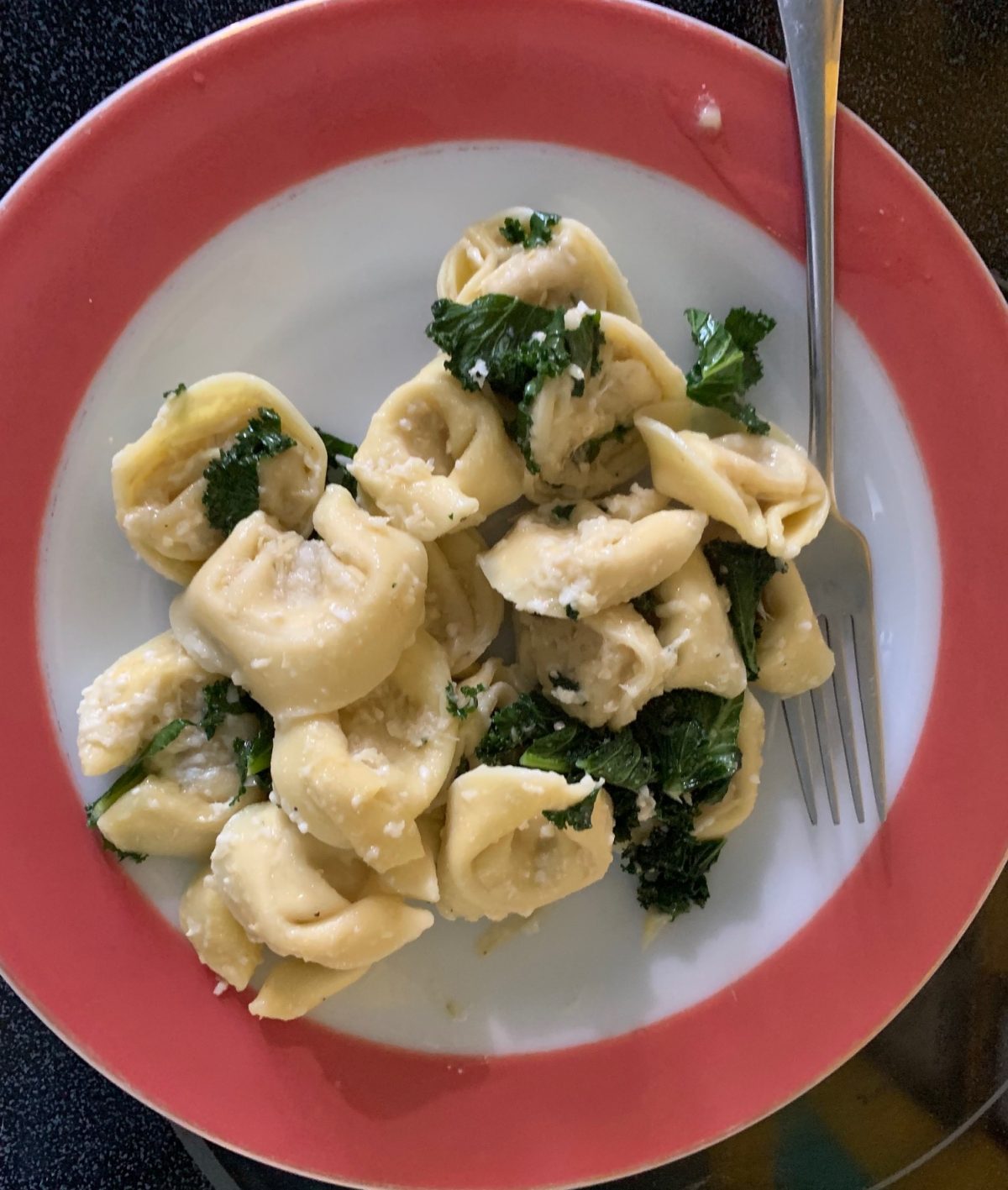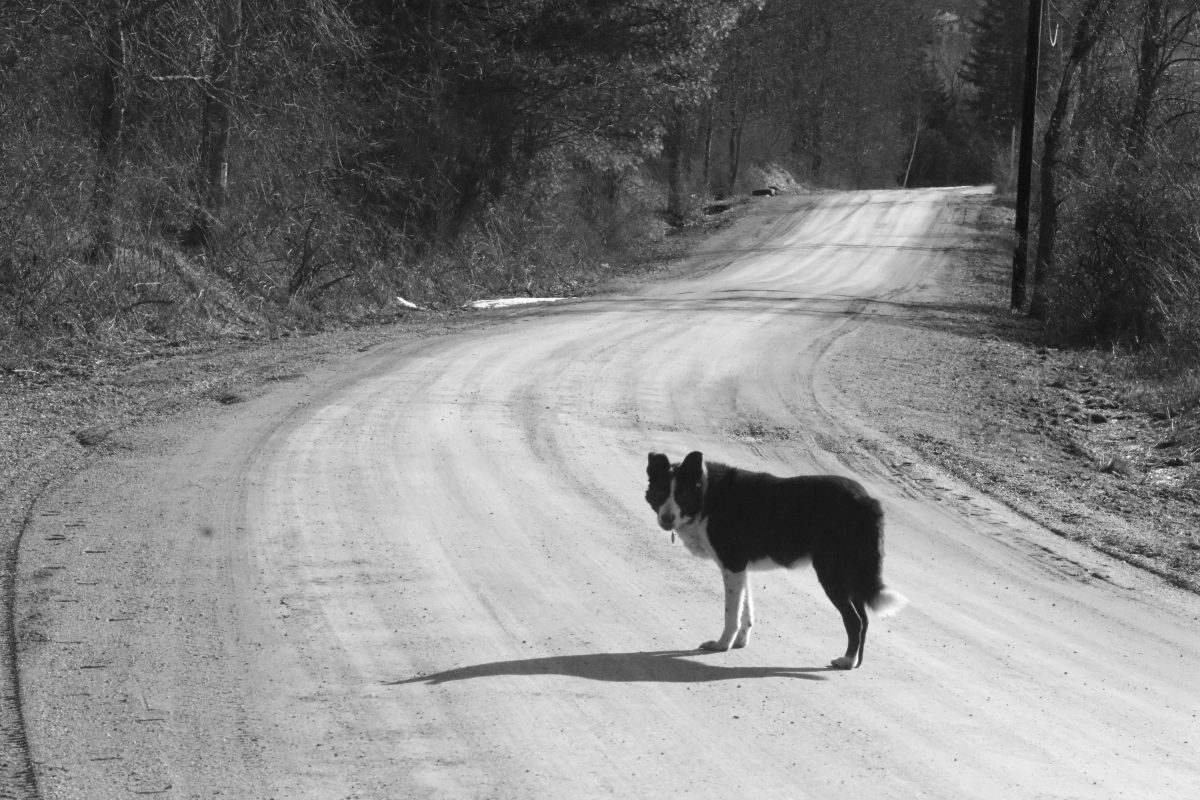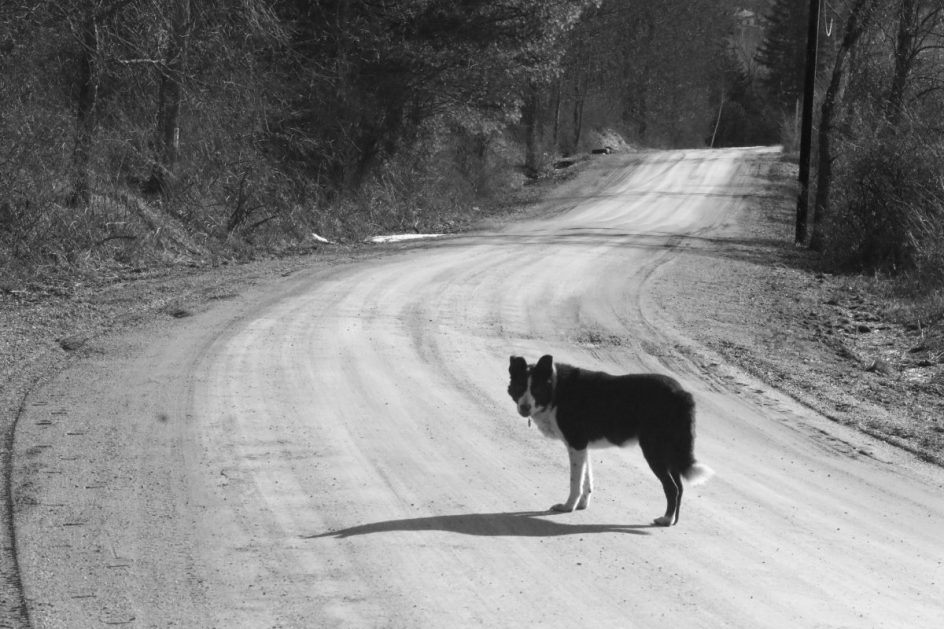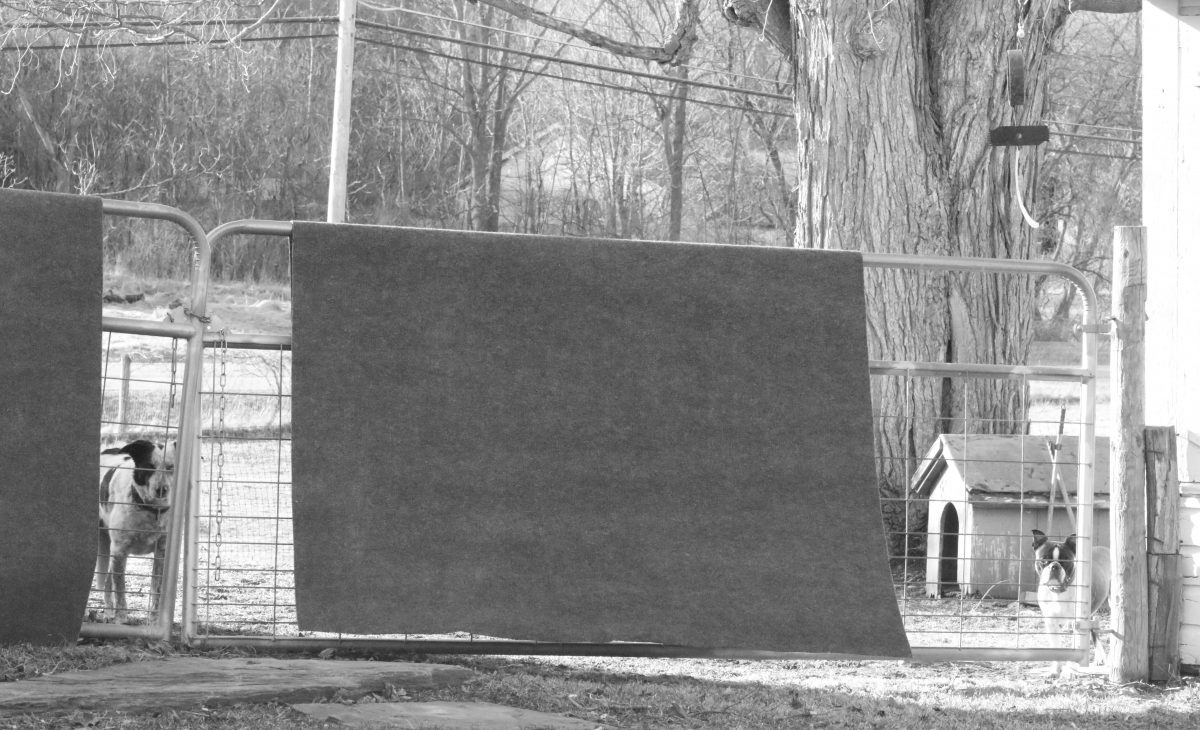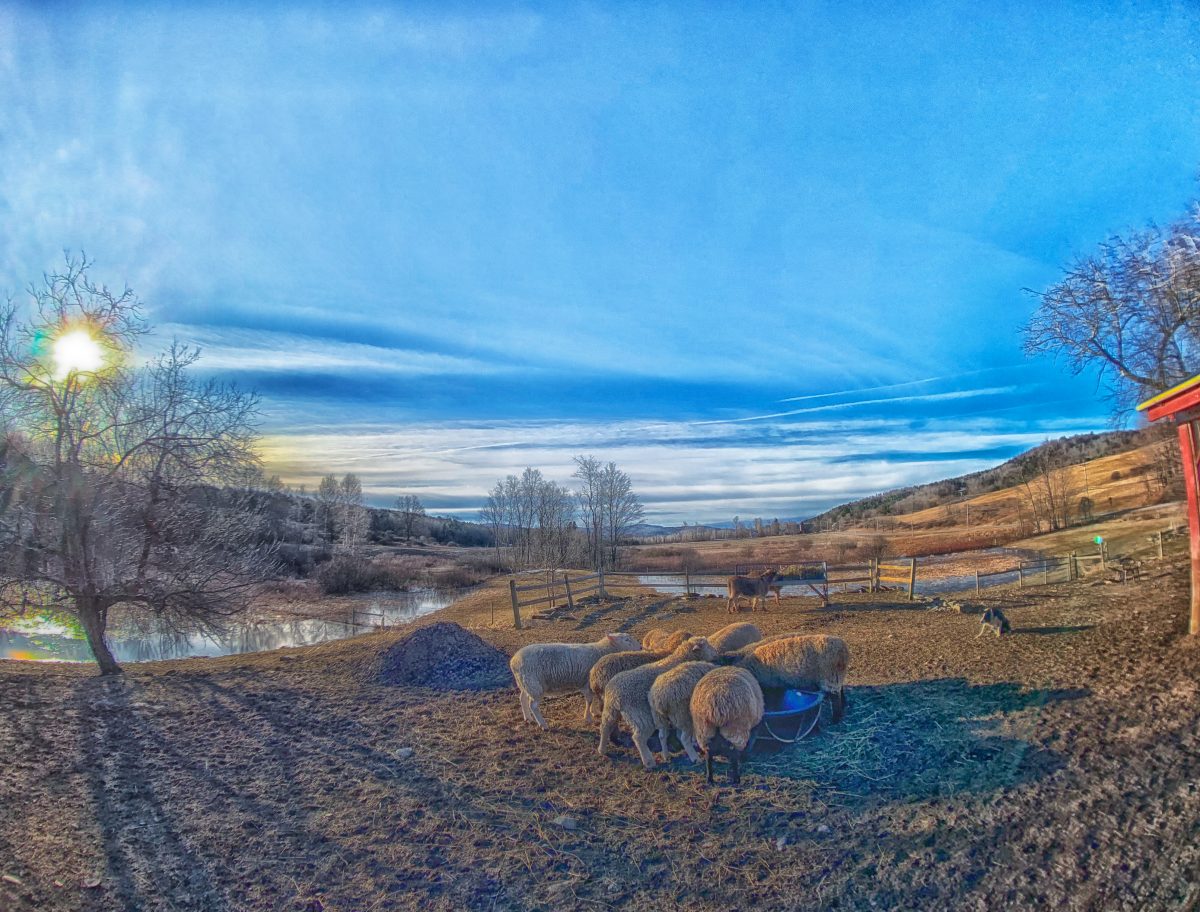One of the most profound experiences of my early life involved my sister, a sensitive, caring person two years older than me.
One of the traumas in my family was my loving and brilliant sister.
My parents worked in tandem to nearly destroy her with criticism and harassment. My father’s daily commentaries and critique of her looks and personality were nothing short of sadistic.
She suffered terribly as a child, and broke down as an adolescent and teenager.
I am proud of the courage she has shown in putting her life together, I know what she overcame. We know one another in a way no one else will ever know us. We bear witness to one another’s life.
I tried for most of my childhood to help her, and I failed. She did save herself.
We were extraordinarily close to one another as children, we talked to each other across the hallway for hours in the dark when it was past our bedtime, we whispered to escape detection, we often ran away together trying to find a better way to live. We were always discovered and returned.
We speak only occasionally now, she is not one for calling, and neither am I, but our closeness to one another has never diminished. It is beyond words.
More than anything in my early life, I remember trying to get my parents to help my sister, and failing that, I went to priests, rabbi’s, counselors, relatives, neighbors, even the police. Nobody wanted to help.
I remember a rabbi leaning back in his chair and telling me, “oh we don’t do that kind of thing, you might try the United Fund, they have people there who do that.”
I left Judaism behind that day and never went back. I know it wasn’t fair to judge a whole religion for that, but I couldn’t help it at the time.
I had terrible battles with my father about my sister that began when I was nine or ten and destroyed what little connection we had. He said my sister was his business, he was a social worker, he would help. I told him he was the problem, not the solution.
After those battles, I never really spoke to my father again, and he never got help for my sister. She was strong, she survived. The first and only people I ever met who tried to help my sister were members of a Quaker Meeting. They tried to help.
In fact, I became a member of that Quaker Meeting after they went to my house to talk to my parents about her. It did no good. But I still consider myself a Quaker.
My feelings about my sister and the way she was treated shaped much of my life, and I see now, many of my friendships. I struggle with it still, even after 30 years of therapy.
I think I have always been attracted to people who need help, and they, quite understandably, have often been drawn to me. Like many broken people, I thought I could save other people, a sad and dangerously false idea. And lots of people need help.
When you give people too much, or too much of yourself, you rarely end up saving them, and they usually end up hating you. When you take too much, you often hate the giver, pride works like that.
This has happened to me again and again in my life, and it always brings up a number of issues in my family, my sister only being one of them.
So I am careful not to do too much.
When I met Maria, I saw that she needed help.
But I also saw something different: she had this fierce drive to take care of herself, to pull herself up out of misery, to follow her dream and do it by herself. She wanted no help from me.
I saw the pathway to loving her was not in saving her, but in not saving her. She had to know she could live in the world, my love for her was so strong I saw that and respected it. It made our life together possible. She did save herself and then some.
Yet everyone is not as strong or grounded and Maria. There are many good people in the world who are broken, like my sister once was, and there is a powerful force within me that wants – needs to save them. You might call it an addiction.
I don’t really understand friendship, and I have struggled for years to find the boundary between friendship and what the shrinks call co-dependence, the giving away pieces of oneself to others, crossing boundaries in the conceit of saving and altering the lives of others.
Need often seems to crop up.
I’ve learned many brutal lessons about this, and sometimes struggle with it still. This question of saving others has destroyed many of the friendships in my life, it triggers a chain reaction of things that have left me wary of friendships at all, my life is safer and more peaceful without them.
But I value friendships, and I value friends. I’m not ready for the hermitage.
I have a few good ones, they matter to me, and have stuck with me through all my craziness. The friends that stick with me tend to be strong and independent people. We support and encourage one another, but we adhere strictly to the boundaries between friendship and dependence, and friendship and rescue.
The friendships that stick for me are often with people who don’t live too close, and who I don’t get to see too often. We support one another, and encourage one another. But we don’t ever try to save and rescue one another. We have our own lives, we give one another lots of room.
Saving one another is a taboo. Sometimes that feels cold, even to me. But it also feels right. You will not catch me sitting in a bar, pouring my heart out to pals over some beers for hours.
One of the closest friends I had was Paul Moshimer, who committed suicide several years ago. Paul and I found a way to speak to each other every day. He spent a night in the farmhouse a week or so before he hung himself on a big pine tree behind his farm.
Two days before he died, he called me to say we were going to accomplish great things together.
I will never understand it, and perhaps never get over it. At the time, I thought of it as the last straw, friend wise.
I still have the messages he sent me online every morning, he called me a Truth Teller, and he never stopped wanting to be a better person, to be more honest. I guess he gave up. I am grateful for my time with him.
More than one psychiatrist or therapist has told me I am always trying to save my sister, even though my conscious self knows better. Nowadays, my soul sounds an alarm when I try to do that, or when people let me do it. I have a kind of radar for unhealthy things when they are happening. I wish I had it a long time ago. A klaxon like those in the submarine movies goes off in m
Or when people get too close and get too much into my stuff.
Then I have to run away or push away. That raises a whole different set of issues.
I consider these flare-ups to be my fault entirely, I have worked awfully hard to build boundaries that are thick and strong and clear. I am guilty of repeated enabling. I see that many people have no boundaries and don’t understand their importance.
That is a dangerous thing for me.
Maria showed me a different way to help people, it was by encouraging and supporting them, not rescuing them or taking over their lives. I can help lives, I can’t save them or transport them.
The refugee work and the Mansion work have helped me to understand how to help people in important but bounded and meaningful ways – small acts of great kindness I call them.
But there is no question of friendships really, that make sit simpler. And safer.
I had difficulty dealing with some of the refugees I worked with, they were so needy and deserving, I often got swept up in their lives and suffering. They were desperately trying to save themselves and their families. Nobody much wants to help them. I suppose there are echoes of my sister in that.
This work almost undid me. But in helping gifted refugee children get scholarships to good schools, I have found a bounded and healthy way to help.
I am working on that all of the time.
I’ve lost too many friends and had too many troubles with friends for it to all be their fault, I believe it is my fault. It just happens too often, this imbalance.
It is very difficult for needy people to turn away from help, money overshadows almost everything. it is my job to build boundaries, the foundation of healthy relationships, and to keep on searching and learning until friendships are safe for me. And for the people who would be my friends.
As I get older, I am thinking more and more of leaving this issue behind. I have what I need. I have what I want.
I am safest with strong and independent and self-aware people, I am vulnerable to the very needy and the broken. It’s ironic, I am most comfortable with people who need me the least. That says a lot.
When I am saving people, they can’t really be friends, not without a lot of work. Friends need to be equal, not dependent. I never compare people to dogs, but there are lessons to be learned from dogs.
Dogs are not our partners, they depend on us for everything they need to survive. And they can’t quit or move away. It’s an important relationship, but it is not equal. They can’t really be our friends as we humans define friendship, even though we insist they are.
Neither can people I am trying to save be my friends, in my experience.
The friends I have kept are not needy, they want me to be a friend, not a savior. I get it. If they take too much, I resent them. If I give too much, they resent me.
I accept this challenge, as I have accepted others. The key to enlightenment is not living without flaws or problems, but in accepting them and acknowledging them. I said for many years that a goal of mine was to learn to manage money. I am doing that, mostly because I don’t have enough to spend or misuse. That is a good teacher. But I am managing what we have, and doing it well.
I just spent $300 on theater tickets, our only debt, and will have it paid off by May. You can’t have everything you want, but you can have the things you ought to want.
I don’t want to keep on losing friends, or choosing the wrong ones, or enabling people to need me too much. That is the way to lose friends. I also don’t want to stop helping the needy and the vulnerable.
I am figuring out how to keep the friends I have. I am learning that I am not really someone who needs many friends. I like my solitude and space too much. I’d like to have two or three friends I completely trust and who trust me. I might never get there, and that’s who I am.
My life taught me how to live alone in many ways, and the thing is I have come to love solitude, I can’t get enough.
Maria has taught me how to be with someone and keep my soul.
And I will always feel badly that I couldn’t help my sister when she most needed it.



